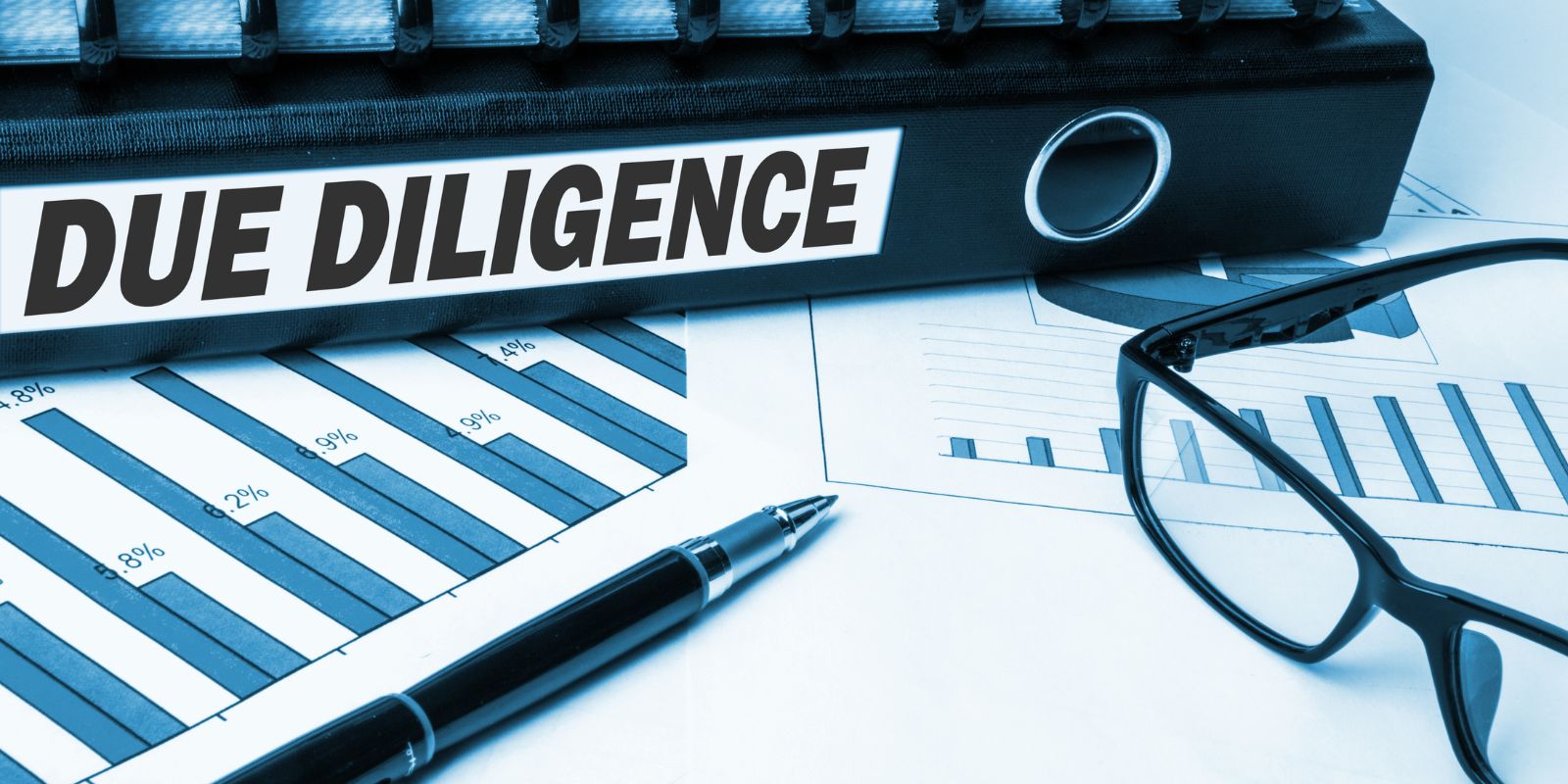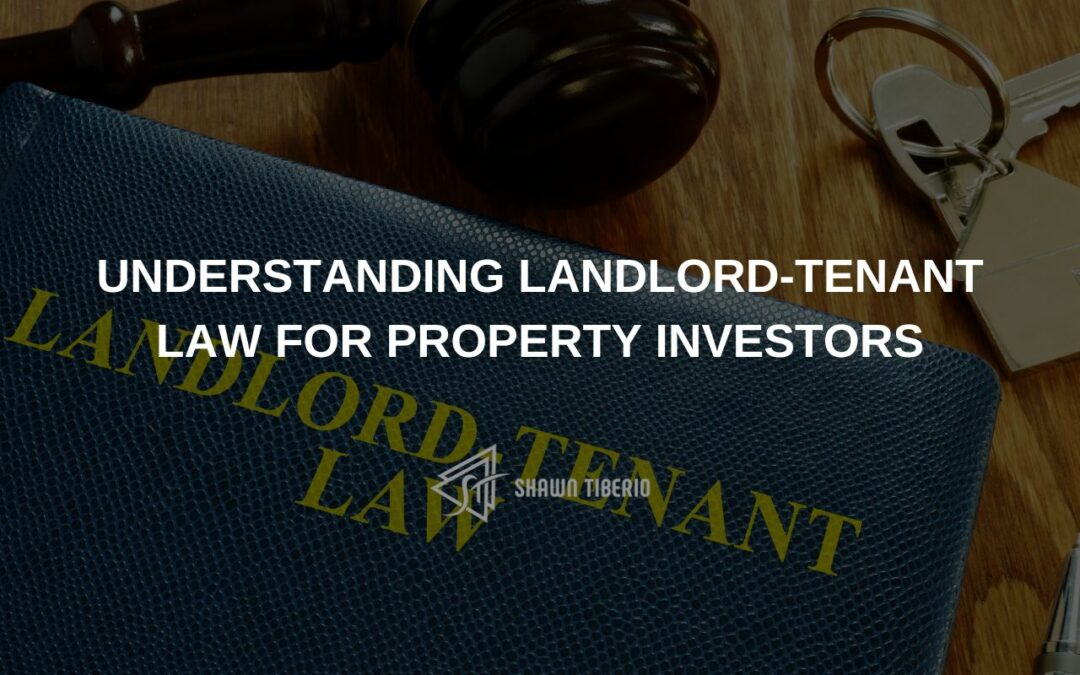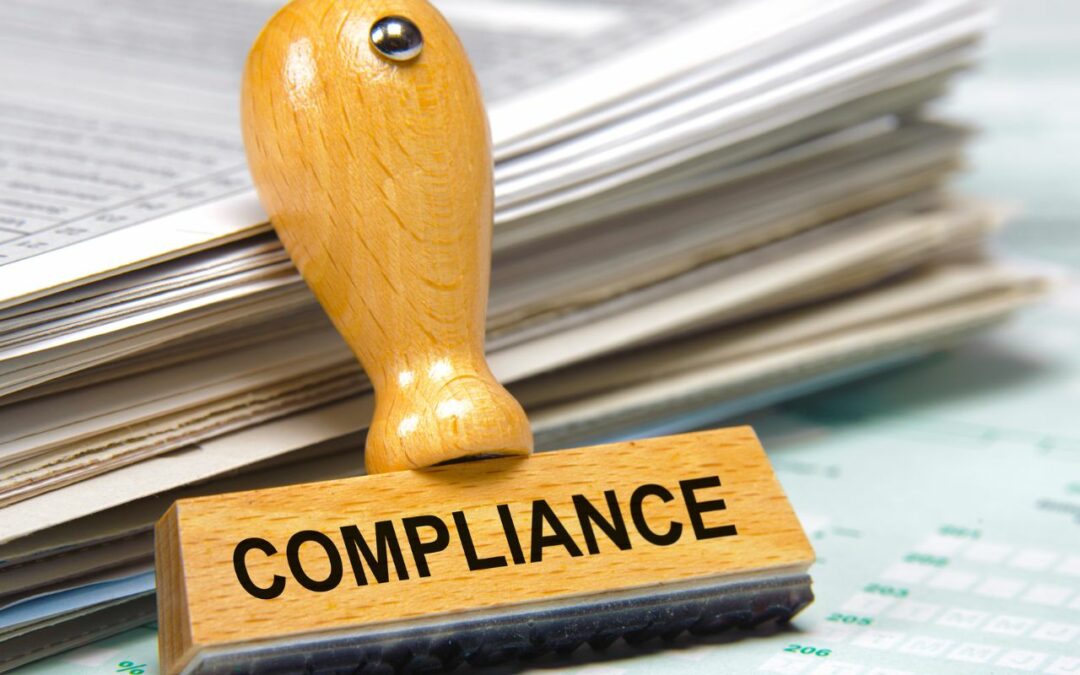So, you’ve found a property that seems like the perfect investment opportunity, but before you sign on the dotted line, it’s crucial to ensure that you’ve covered all your legal bases.
Legal due diligence is a critical step in the property investment process, and overlooking it could lead to costly consequences down the line.
In this discussion, we’ll explore the six best legal due diligence tips for property investors, providing you with the essential knowledge to make informed and secure investment decisions.
Whether you’re a seasoned investor or just starting out, these tips are invaluable in safeguarding your investment and maximizing your returns.
Key Takeaways
- Understand the legal framework governing property ownership and transfer processes.
- Thoroughly examine zoning and land use regulations to understand permitted uses and restrictions.
- Conduct a regulatory compliance assessment to ensure adherence to environmental regulations.
- Carefully review title and ownership documents for potential issues or discrepancies.
Understanding Property Ownership Laws
To ensure a comprehensive understanding of property ownership laws, it’s essential to meticulously review the legal framework governing property rights and obligations.
Property transfer is a critical aspect of property ownership laws. Understanding the processes and legal requirements for transferring property is vital for property investors. This includes comprehending the necessary documentation, such as deeds and titles, and ensuring that all transfer procedures adhere to the relevant laws and regulations.
Ownership rights are another fundamental component of property ownership laws. As a property investor, it’s crucial to have a clear understanding of your rights as a property owner. This encompasses the right to possess, use, and transfer the property, as well as the right to exclude others. Understanding these rights enables you to make informed decisions regarding property management, leasing, and potential future sales. It also ensures that you’re aware of any limitations or restrictions on your ownership rights, such as zoning regulations or easements.
In addition to the rights of property ownership, it’s imperative to be aware of the corresponding obligations. These may include property taxes, maintenance responsibilities, and compliance with land use regulations. By understanding these obligations, you can proactively fulfill your legal duties as a property owner and avoid potential legal issues.
Reviewing Zoning and Land Use Regulations
As a property investor, thoroughly examining the zoning and land use regulations governing a potential investment property is imperative for informed decision-making and compliance with legal requirements.
Zoning variances and land use restrictions play a crucial role in determining how you can develop, use, or modify the property. When reviewing zoning regulations, it’s essential to understand the specific zoning district in which the property is located. Each district has its own set of permitted land uses, building requirements, and restrictions.
Analyzing the zoning map and ordinance will provide insight into the permissible land uses, such as residential, commercial, industrial, or mixed-use, and any special conditions or limitations that apply.
Additionally, it’s vital to investigate any potential zoning variances that may have been granted for the property or neighboring properties. Variances allow deviations from the standard zoning requirements, and understanding their scope and impact is crucial for evaluating the property’s development potential.
Furthermore, thorough scrutiny of land use restrictions is necessary to grasp any limitations on property usage, such as environmental conservation areas, historical preservation restrictions, or easements.
Moreover, delving into the history of zoning changes and land use decisions in the area can provide valuable insights into potential future developments or regulatory shifts that may impact the property.
Evaluating Environmental Compliance
When evaluating environmental compliance, it’s crucial to conduct a thorough regulatory compliance assessment to ensure adherence to local, state, and federal regulations.
Identifying any hazardous materials on the property and understanding the site remediation requirements are essential components of this evaluation process.
Regulatory Compliance Assessment
Evaluating environmental compliance involves thoroughly examining all aspects of a property’s adherence to regulations and standards regarding environmental protection and sustainability. When conducting a regulatory compliance assessment for property investment, consider the following:
- Government Regulations: Review all applicable federal, state, and local environmental regulations to ensure the property is in compliance with laws governing issues such as air and water quality, hazardous waste management, and wildlife protection.
- Property Permits: Verify that the property has obtained all necessary permits for environmental activities, such as water usage, waste disposal, and land development, to ensure that the property has met all regulatory requirements.
- Environmental Impact Assessments: Assess any environmental impact studies to determine potential risks and liabilities associated with the property’s historical use and current operations.
- Compliance History: Investigate the property’s compliance history, including any violations, fines, or remediation efforts, to evaluate potential environmental risks and liabilities.
Hazardous Material Identification
Upon completing the regulatory compliance assessment, property investors must focus on identifying hazardous materials present on the property to ensure full environmental compliance and risk mitigation. Hazardous material identification is crucial for understanding the potential environmental impact and ensuring proper hazardous material disposal. An environmental impact assessment should be conducted to evaluate the presence of any hazardous substances, such as asbestos, lead-based paint, mold, or contaminated soil. This assessment helps property investors understand the potential risks and liabilities associated with the property, allowing for informed decision-making. Consider the following table for a brief overview of hazardous materials to be identified during the due diligence process:
| Hazardous Material | Potential Environmental Impact |
| Asbestos | Respiratory issues, lung cancer |
| Lead-based paint | Developmental issues in children |
| Mold | Allergic reactions, respiratory issues |
| Contaminated soil | Groundwater contamination, health risks |
Site Remediation Requirements
To ensure full environmental compliance and mitigate potential risks, property investors must thoroughly assess site remediation requirements as part of the due diligence process. Evaluating the remediation process is crucial to understanding the extent of any contamination and the steps necessary to address it.
Here are some key considerations for evaluating site remediation requirements:
- Conduct a comprehensive environmental assessment to identify any contamination issues.
- Estimate the cost of remediation, including cleanup, disposal, and any required permits or regulatory fees.
- Evaluate the timeline for the remediation process, considering potential delays and regulatory approvals.
- Assess the potential impact of the remediation on the property’s value and future use.
Thoroughly evaluating site remediation requirements is essential for property investors to make informed decisions and avoid costly environmental liabilities.
Examining Title and Ownership Issues
When conducting legal due diligence for property investment, carefully review the title and ownership documents to uncover any potential issues or discrepancies. A thorough title search is essential to ensure that the property has a clear and marketable title. Ownership challenges such as undisclosed liens, competing claims, or restrictions can significantly impact the value and marketability of the property. Here’s a concise guide to help you navigate through the title and ownership examination process:
| Title Search | Ownership Challenges | Action Steps |
| Examine public records, deeds, and encumbrances to verify the chain of title and any existing liens or restrictions. | Identify any undisclosed liens, easements, or encroachments that could affect the property’s intended use or value. | Engage a qualified title company or attorney to conduct a comprehensive title search and examination. |
| Confirm the legal description of the property, and ensure it aligns with the physical boundaries and any survey maps. | Investigate any potential ownership disputes, boundary disagreements, or unresolved inheritance issues. | Request a property survey to verify boundary lines and identify any encroachments or boundary disputes. |
| Review the history of ownership transfers and look for any irregularities or gaps in the chain of title. | Evaluate any outstanding legal judgments, tax liabilities, or pending lawsuits that could impact the property’s ownership or transferability. | Obtain a title insurance policy to protect against unforeseen title defects or challenges. |
Assessing Contract and Lease Agreements
When assessing contract and lease agreements, start by analyzing the lease terms and reviewing contractual obligations.
Look for any potential issues or discrepancies that could impact the property investment.
Pay close attention to the details and ensure that all parties involved are meeting their obligations as outlined in the agreements.
Lease Terms Analysis
Before diving into the analysis of contract and lease agreements, it’s crucial to pay close attention to the specific terms and conditions outlined within the documents. As a property investor, understanding the lease terms is essential for protecting your investment and ensuring a smooth landlord-tenant relationship.
Here are key points to consider:
- Tenant Rights: Review the lease to understand the rights and responsibilities of the tenant. This includes provisions related to maintenance, repairs, and access to common areas.
- Rental Income: Analyze the lease agreement to confirm the terms of rental payments, late fees, and any provisions related to rent increases.
- Lease Duration: Pay attention to the length of the lease, renewal options, and any early termination clauses.
- Additional Provisions: Look for any additional clauses related to property use, subleasing, or modifications to the premises.
Understanding these lease terms will help you make informed decisions and mitigate potential risks.
Contractual Obligations Review
To conduct a comprehensive review of contractual obligations, carefully examine the terms and conditions outlined in the contract and lease agreements. When reviewing legal documents, it’s crucial to assess the liabilities and obligations that are binding upon signing. Below is a table that outlines key areas to consider during your review:
| Contractual Obligations | Assessment |
| Terms and Conditions | Analyze the specifics of the contract terms and conditions thoroughly. |
| Liabilities | Evaluate the extent of liabilities and obligations on all parties involved. |
| Lease Agreements | Review lease agreements for any unusual clauses or restrictions. |
| Compliance Requirements | Ensure the property complies with all legal and regulatory requirements. |
| Termination Clauses | Assess the conditions and implications of lease or contract termination. |
Verifying Tax and Financial Obligations
Ensure that you thoroughly examine and confirm all tax and financial obligations associated with the property investment. Verifying tax and financial obligations is crucial to ensuring that there are no surprises or hidden liabilities that could impact the profitability of your investment.
Here are some key steps to take when verifying tax and financial obligations:
- Tax Assessment: Obtain and review the property’s tax assessment records to ensure that all taxes have been paid up to date. Look for any outstanding tax issues or potential reassessments that could affect the property’s value or ongoing financial obligations.
- Financial Disclosure: Request and carefully analyze the financial records of the property, including income statements, expenses, and any outstanding debts or liens. This will provide insight into the property’s financial health and any potential financial obligations that may impact your investment.
- Review Lease Agreements: If the property is leased, review all lease agreements to understand any financial obligations related to tenants, such as unpaid rents, security deposits, or maintenance responsibilities. This will help you assess the financial stability of the property’s income stream.
- Consult with Financial Professionals: Consider seeking advice from financial professionals, such as accountants or financial advisors, to thoroughly review the property’s financial obligations and assess any potential risks or liabilities.
Frequently Asked Questions
Can You Provide a Checklist for Conducting a Thorough Physical Inspection of the Property?
When conducting a thorough physical inspection of the property, be sure to check for maintenance issues and hidden costs.
Inspect the structural integrity and ensure compliance with building codes. Look for signs of wear and tear, potential maintenance needs, and any potential risks that could lead to hidden costs down the line.
Pay close attention to the condition of the property’s foundation, roof, and major structural components to avoid future surprises.
What Are Some Common Red Flags to Look Out for When Reviewing Zoning and Land Use Regulations?
When reviewing zoning and land use regulations, keep an eye out for red flags like discrepancies in land surveying or unclear development restrictions.
Look for any issues with the permitting process, as well as variances and special use permits.
These could indicate potential hurdles to your property investment.
It’s crucial to scrutinize these aspects thoroughly to ensure a smooth and successful real estate venture.
How Can Property Investors Ensure They Are Fully Informed About Any Potential Environmental Liabilities Associated With the Property?
To ensure you’re fully informed about potential environmental liabilities, conduct thorough environmental assessments.
Look for any history of contamination, hazardous materials, or regulatory violations.
Engage with experts to evaluate the property’s environmental risks and develop risk mitigation strategies.
Review past reports and permits, and consider potential future liabilities.
This detailed approach will help you make well-informed decisions and safeguard against unexpected environmental issues.
What Are Some Lesser-Known Risks or Issues Related to Title and Ownership That Investors Should Be Aware Of?
When it comes to title issues, it’s crucial to dig deep into any potential ownership disputes. Look out for undisclosed co-ownership, unresolved boundary conflicts, or unrecorded easements. These issues can lead to costly legal battles and affect property value.
Conduct thorough research, review historical documents, and consider hiring a title insurance company for added protection. Being proactive in uncovering these lesser-known risks can save you from future headaches.
What Are Some Important Clauses or Terms to Pay Close Attention to When Evaluating Contract and Lease Agreements?
When evaluating contract and lease agreements, it’s crucial to pay attention to important clauses. For property investors, it’s like navigating a maze, so it’s important to scrutinize terms related to maintenance responsibilities, lease duration, and renewal options. Additionally, keep an eye out for clauses on property alterations, subletting, and termination conditions. A thorough evaluation of these documents is vital for protecting your investment.
Create a checklist and conduct a meticulous property assessment to ensure nothing slips through the cracks.
Final Thoughts
When conducting legal due diligence as a property investor, remember that ‘the devil is in the details.’
Carefully review property ownership laws, zoning regulations, environmental compliance, title issues, contract agreements, and financial obligations.
Paying attention to these key areas will help you make informed decisions and mitigate potential risks.
Remember, thorough due diligence is essential for successful property investment.











